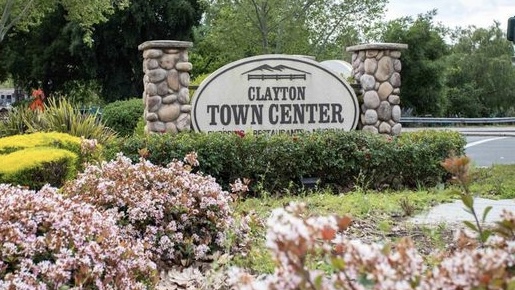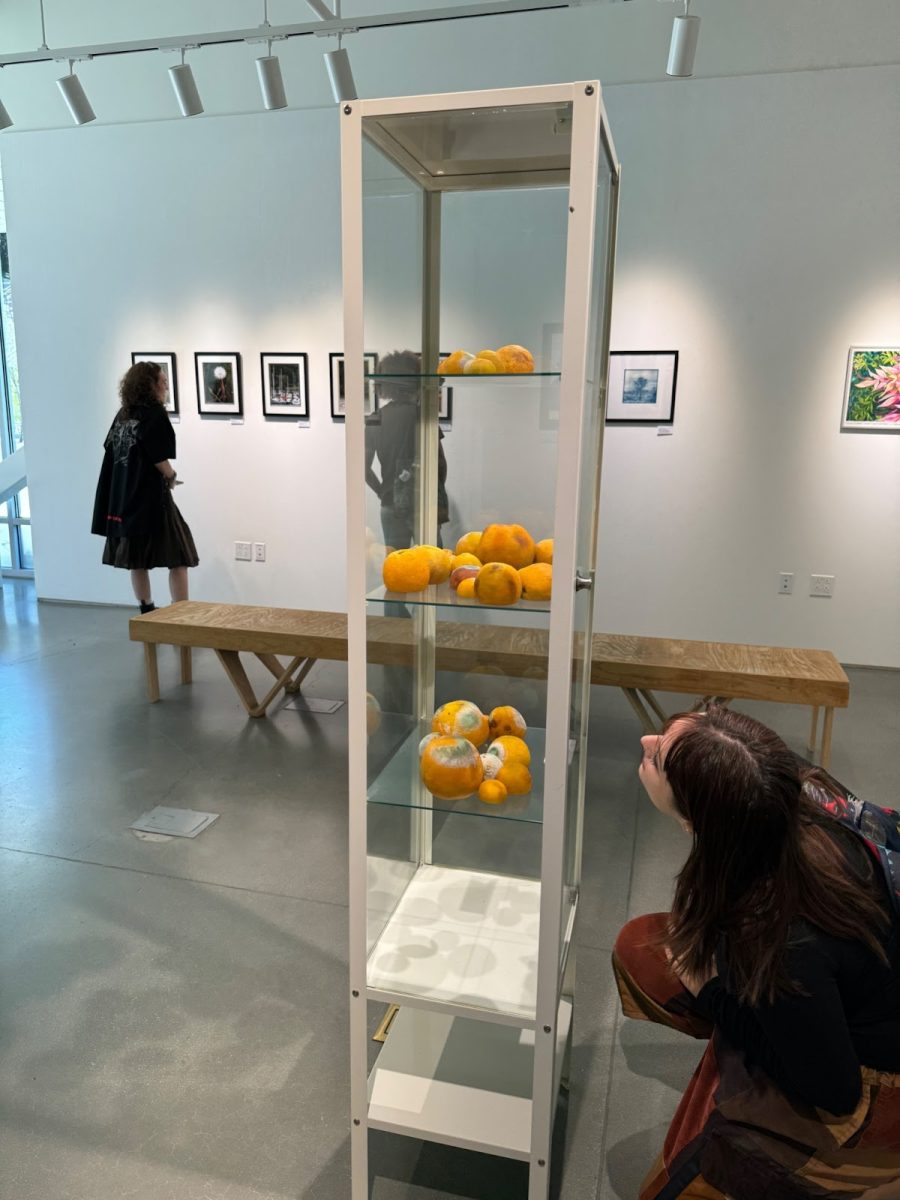Last year, I sat in a DVC classroom as our professor asked the class for a show of hands in response to the following question: “Who considers themselves to be a feminist?”
There was silence, followed by a feeling of awkwardness that spread throughout the classroom. I raised my hand. Then, a male classmate raised his. We were the only two college students (in a classroom of about 25 college students) who considered ourselves to be feminists.
In the discussion that followed, the female students revealed that they weren’t “feminists” because they weren’t lesbians or man-haters. Unfortunately, the males in the class agreed.
It seemed as if the consensus was that if you were a feminist, you were just a woman with misplaced anger issues who wanted to dominate men. Thus, you were offensive and deemed “un-dateable.”
This made me wonder – Is the DVC student body sexist or simply misinformed about the meaning of the word “feminism”?
Webster’s Dictionary defines feminism as, “the belief that women should have the same legal, economic, political and social rights as men” and “the movement to achieve these rights for women.”
Though there are many different kinds of feminism, the movement (as a whole) seeks to ensure equality among women and men.
We can thank the feminist movement for allowing women to vote, work, and attain equal opportunities as their male counterparts.
Feminism has also been instrumental in helping to pass laws that protect women from physical abuse and to bring female-related issues, such as breast cancer and maternity/paternity leave, to the forefront.
If it wasn’t for women like Harriet Tubman, Alice Paul, Eleanor Roosevelt, Betty Friedan, Gloria Steinem, Golda Meir, and Benazir Bhutto (to name a few), we would not have the right to expect equality with our male counterparts.
I am thankful that I live in a country where I am granted these rights. Am I alone in feeling this way? If not, then why was I the only female who raised my hand?
Would students have felt ashamed about being pro-equality with regards to ethnicity? Racism isn’t okay. So is it just sexism that is considered to be, not only acceptable, but desirable?
What shocked me the most was that this professor was asking a group of Bay Area college students, who are, traditionally, one of the most liberal groups of people.
Most of my female classmates were afraid that if they acknowledged that they expected equality, they would be deemed unattractive by their male classmates. Here… in the Bay Area… on a college campus… in the 21st century.
Ladies, have more respect for yourselves and for the men who are in your lives. Surely, these men are secure enough to be able to handle equality.
Proudly raising your hand and showing that you believe in equality shows the men around you that you have faith in their strength of character as well as your own. And having strength of character and respect for yourself is never something to be ashamed of. Just ask the women before you.
Many students on this campus have mothers and grandmothers who fought for the rights that they now enjoy. Don’t throw all of their hard work and sacrifices away just so that an insecure guy will ask you on a date.
The torch is being passed to you. You may not have to protest in the streets, the way that your mother or your grandmother had to. You may not have to picket at the White House and carry signs asking for the vote, only to be taken to jail, chained, and beaten (as suffragist Lucy Burns was in 1917). No, the hard work was done for you.
Others may have a misconception about what the term “feminism” really means. Take that as an opportunity to explain to your fellow classmates the meaning of the term “feminism.”
And if a guy in your class decides that your equality makes you “un-dateable,” then you may have dodged a bullet. You can thank your fellow feminists for that one, too.






































































